In the ever-evolving landscape of digital interactions, businesses are constantly seeking innovative ways to engage their audiences effectively. One strategy that has proven to be immensely successful is personalization at scale. By understanding the unique needs and preferences of different customer segments, businesses can tailor their offerings and experiences, fostering stronger connections with their users. We will explore the power of audience segmentation and how it can lead to enhanced user experiences.
Why Audience Segmentation Matters
Audience segmentation involves dividing a larger customer base into smaller, meaningful groups based on shared characteristics or behaviors. This division enables businesses to gain valuable insights into the diverse needs and preferences of their customers. By analyzing factors such as age, location, interests, purchase history, and engagement levels, companies can paint a comprehensive picture of each segment, paving the way for more personalized interactions.
Understanding Distinct Needs and Preferences
One of the primary benefits of audience segmentation is the ability to identify distinct needs and preferences across different customer groups. For instance, a clothing retailer may discover that younger audiences prefer trendy and affordable clothing, while older customers may seek more classic and premium options. Armed with this knowledge, the retailer can curate their product offerings and marketing messages to cater to each segment effectively.
Tailoring Content and Recommendations
When businesses have a deep understanding of their audience segments, they can deliver content that resonates on a personal level. This tailored approach significantly enhances user experience, as customers are more likely to engage with content that reflects their interests and desires. Moreover, by offering relevant product recommendations based on past purchases and browsing behavior, companies can drive increased sales and customer satisfaction.

Improving Customer Engagement and Loyalty
Personalization at scale leads to improved customer engagement and loyalty. When customers feel that a brand understands their preferences and values, they are more likely to develop a sense of loyalty towards that brand. Moreover, personalized experiences generate positive emotions, making customers more inclined to share their experiences with friends and family, thereby attracting new customers through word-of-mouth referrals.
Enhancing Customer Retention and Lifetime Value
Understanding the needs of various customer segments enables businesses to address pain points and concerns effectively. By providing personalized solutions, businesses can increase customer retention rates, ensuring that users stay engaged over the long term. Loyal customers, in turn, tend to have a higher lifetime value, as they continue to make repeat purchases and become brand advocates.
Harnessing Technology for Personalization
To achieve personalization at scale, businesses must utilize the power of technology and data analytics. Advanced Artificial Intelligence and Machine Learning models can process vast amounts of data to identify patterns and segment audiences accurately. Additionally, customer relationship management (CRM) tools and marketing automation platforms play a vital role in delivering personalized experiences across various touchpoints.
Data Privacy and Ethical Considerations
While personalization offers numerous benefits, companies must be mindful of data privacy and ethical considerations. Respecting customer privacy and obtaining consent for data usage are crucial steps in building trust with customers. Transparent communication about data collection practices and giving users the option to control their preferences are essential for fostering a positive customer experience.
Personalization at scale is the key to creating meaningful and lasting connections with customers. By dividing your audience into meaningful segments based on common characteristics or behaviors, businesses can gain valuable insights into the distinct needs and preferences of different groups. Armed with this knowledge, companies can tailor their offerings, content, and recommendations to provide personalized experiences that enhance engagement, loyalty, and customer retention. Embracing personalization with an ethical and privacy-focused approach will undoubtedly pave the way for a brighter and more customer-centric future.


